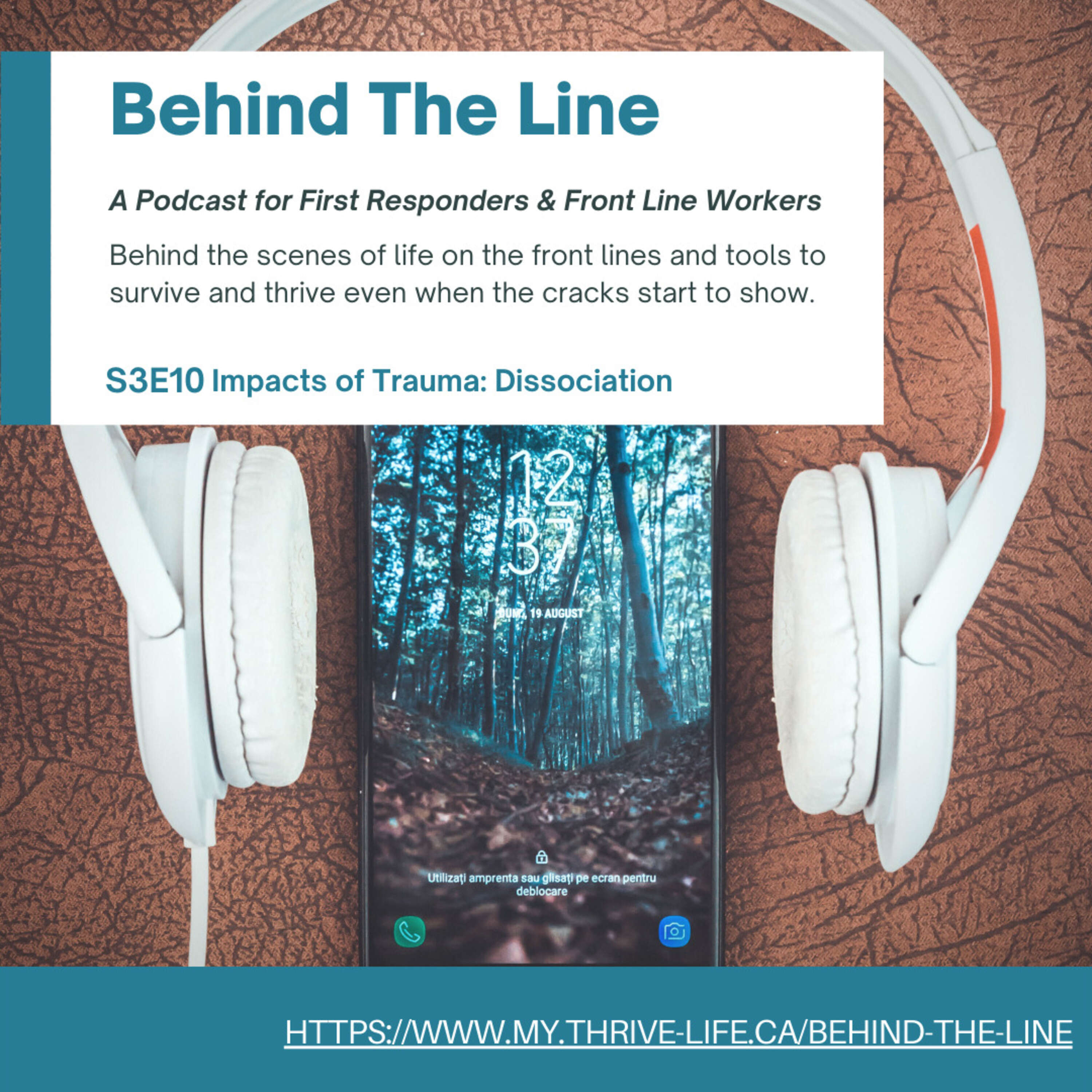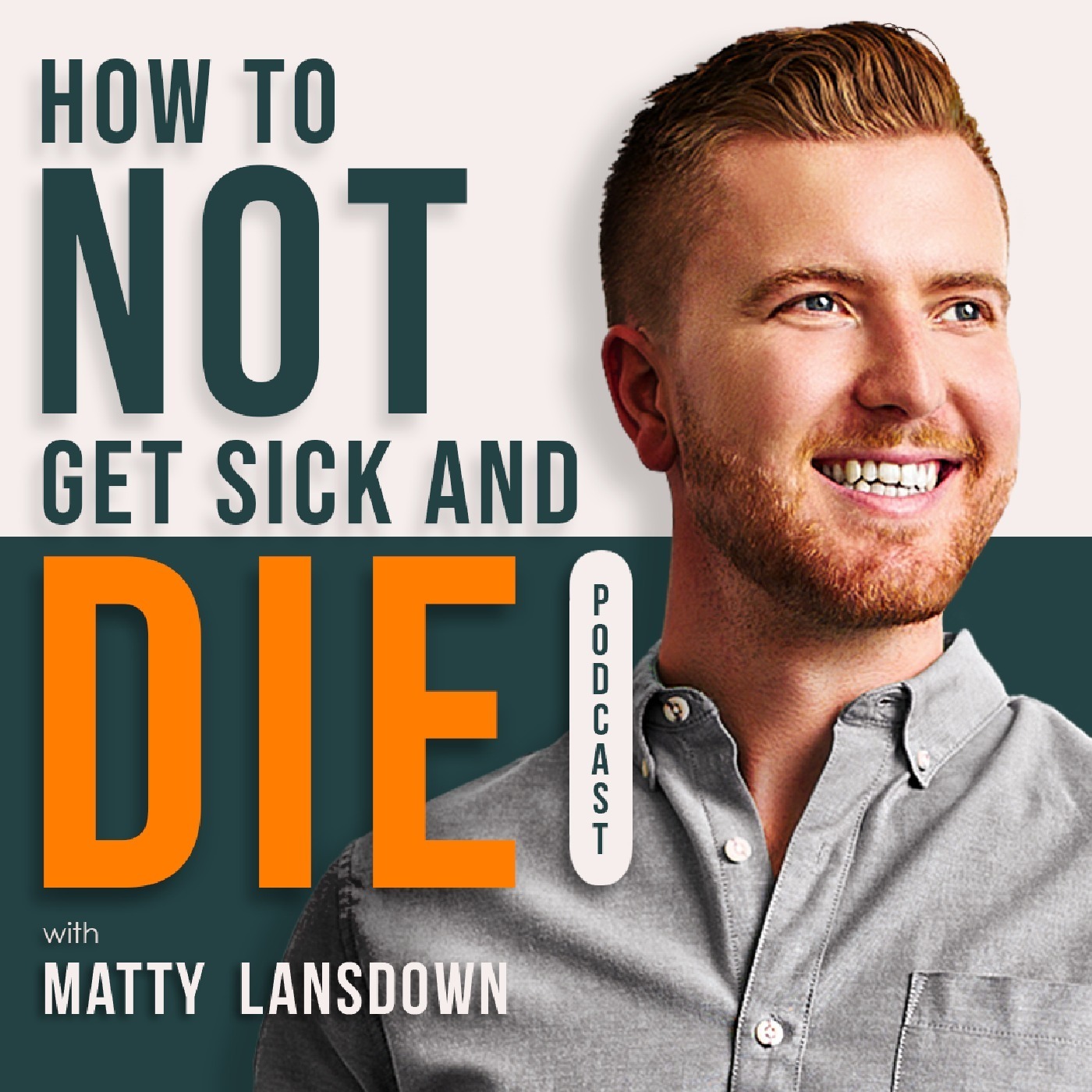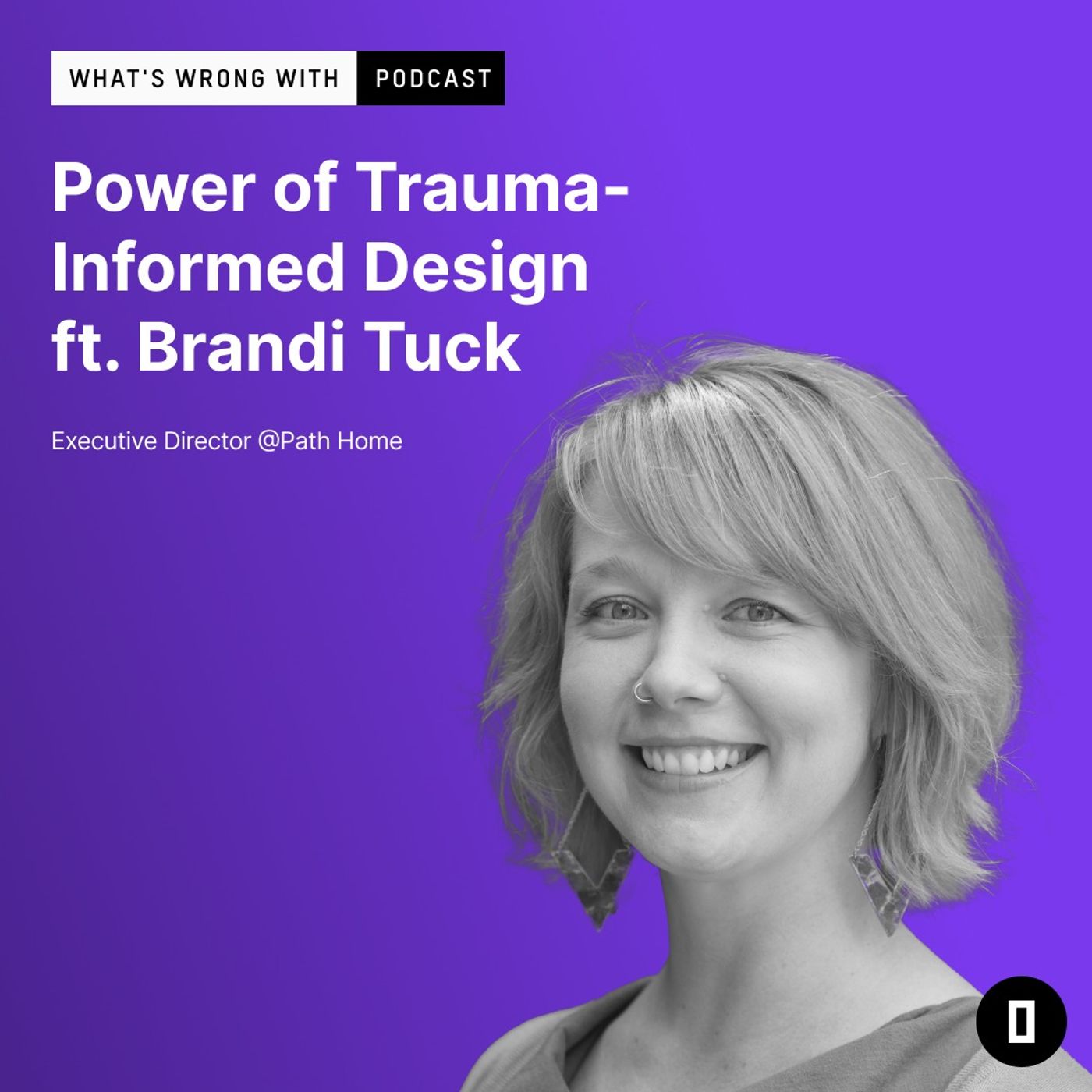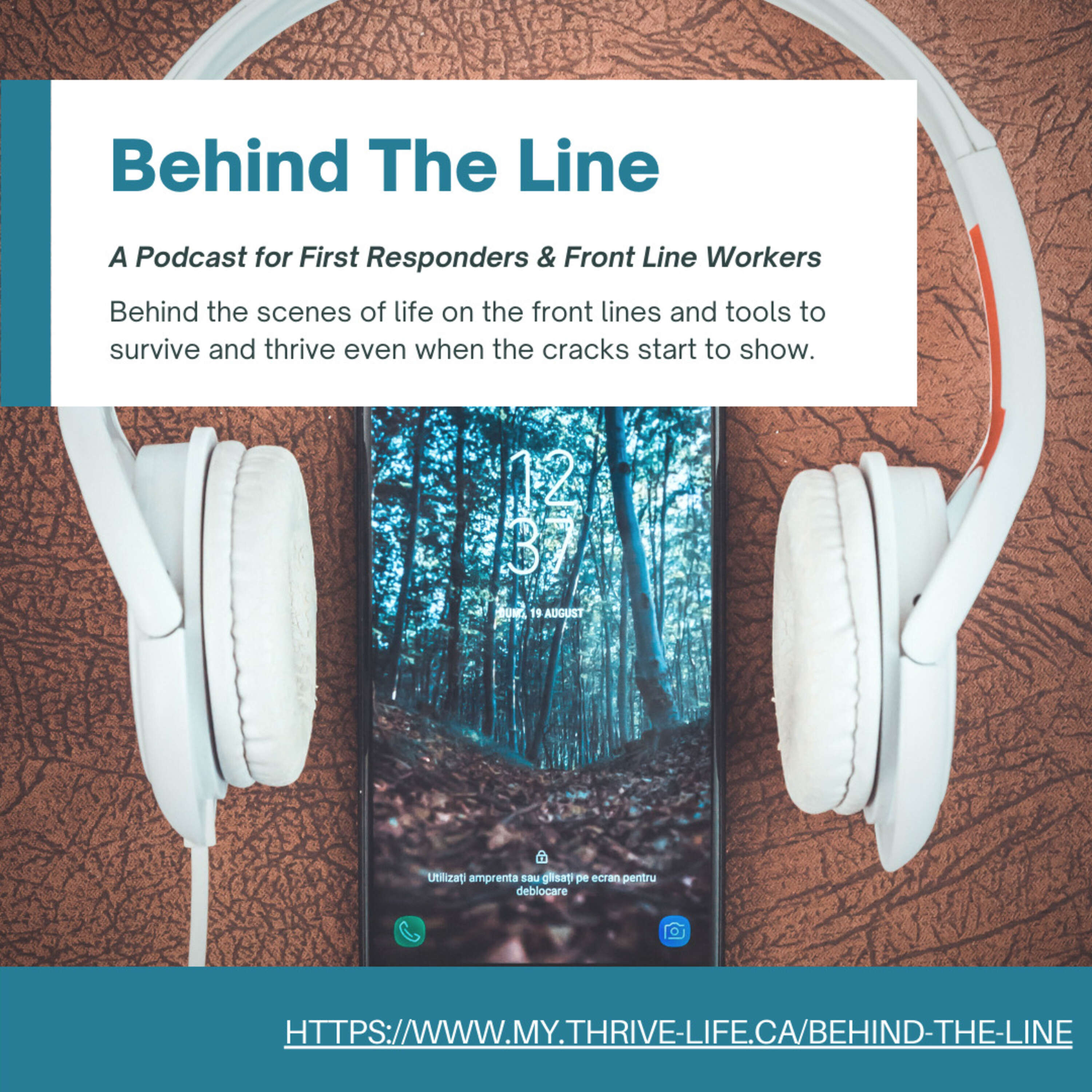
This episode is age restricted for viewers under +18
Create an account or login to confirm your age.
- After-Shows
- Alternative
- Animals
- Animation
- Arts
- Astronomy
- Automotive
- Aviation
- Baseball
- Basketball
- Beauty
- Books
- Buddhism
- Business
- Careers
- Chemistry
- Christianity
- Climate
- Comedy
- Commentary
- Courses
- Crafts
- Cricket
- Cryptocurrency
- Culture
- Daily
- Design
- Documentary
- Drama
- Earth
- Education
- Entertainment
- Entrepreneurship
- Family
- Fantasy
- Fashion
- Fiction
- Film
- Fitness
- Food
- Football
- Games
- Garden
- Golf
- Government
- Health
- Hinduism
- History
- Hobbies
- Hockey
- Home
- How-To
- Improv
- Interviews
- Investing
- Islam
- Journals
- Judaism
- Kids
- Language
- Learning
- Leisure
- Life
- Management
- Manga
- Marketing
- Mathematics
- Medicine
- Mental
- Music
- Natural
- Nature
- News
- Non-Profit
- Nutrition
- Parenting
- Performing
- Personal
- Pets
- Philosophy
- Physics
- Places
- Politics
- Relationships
- Religion
- Reviews
- Role-Playing
- Rugby
- Running
- Science
- Self-Improvement
- Sexuality
- Soccer
- Social
- Society
- Spirituality
- Sports
- Stand-Up
- Stories
- Swimming
- TV
- Tabletop
- Technology
- Tennis
- Travel
- True Crime
- Episode-Games
- Visual
- Volleyball
- Weather
- Wilderness
- Wrestling
- Other
Impacts of Trauma: Dissociation
Show Notes:
We are continuing in a new series around what to look for and be aware of as professionals more exposed and more likely to suffer from things like PTSD and related occupational stress injuries. This comes after so much feedback that I hear about first responders and front line workers getting a lot of lip service advising to be on the lookout and conscientious about the risks for stress-related impacts of the job – but then aren’t given any information or tools to help know what the hell to actually be looking for that would let them know they aren’t ok…until they are SO not ok that the wheels have completely come off and course correcting is WAY more work than it needed to be.Our goal in this is to help equip you with the warning signs. I want you to know the things to be noticing and on the lookout for. I also want you to have this resource to offer to your people – your spouse, close friends or family members – so they can know what to be on the lookout for – because they are often to ones who will see it first. And along with all that, I want you to be equipped to be an ambassador for change within your workplace, and to have what you need to help notice warning signs in others you work alongside to give them feedback and support them in seeking what they need before it is so much further down the rabbit hole.We want to catch things early. Like any disease, the earlier we catch it, the more options we have to treat it and the less invasive the treatment needs to be. When we don’t know what to look for and let it persist way longer unchecked, the consequences can be so much more catastrophic and working back from it is so much more difficult. It doesn’t have to be that way. If we can help to catch it early and intervene when it’s not too far gone, the process is not so difficult. This is exactly why I built tools like the free downloadable Beating the Breaking Point Indicators Checklist and Triage Guide – which if you haven’t gotten it yet, go to our website (link above) and grab it. The checklist helps you to self-assess early indicators for things like burnout, compassion fatigue, PTSD and occupational stress injuries. It is a really powerful tool if you use it on a semi-regular basis to track where you’re at and notice early on any changes in your wellness.Among the indicators that the checklist tracks, one of the key symptoms associated with stress-related injuries is a phenomenon called dissociation. If you are not familiar with the term dissociation, let’s take a minute to break down what it means. Dissociation is a neurophysiological tool your brain uses to distance itself from stress and overwhelm. It is adjacent to numbing – it’s our brain checking out for chunks of time or to varying degrees all of the time. The dictionary definition of dissociation is, “the disconnection or separation of something from something else or the state of being disconnected.” Now, it’s important to know that everyone dissociates. Everyone has experiences where they check out mentally. Whether or not you dissociate is not in and of itself an indicator of a problem – it is a human mechanism to manage a world that can be inundating and it’s our brains way of managing the flow of energy it’s expected to dedicate to interpreting and interacting with it all. When we talk about dissociation we talk about it on a spectrum, from mild to severe and complex. On the mild end of the spectrum, and what is in keeping with normal human experience, is things like watching TV and zoning out to the point that you don’t know what’s happening in the plot and have to back track a bit to catch up with what’s going on. Another example is “highway hypnosis” and that feeling of getting to a destination but not really remembering the choice-points involved in doing the drive. So, what




